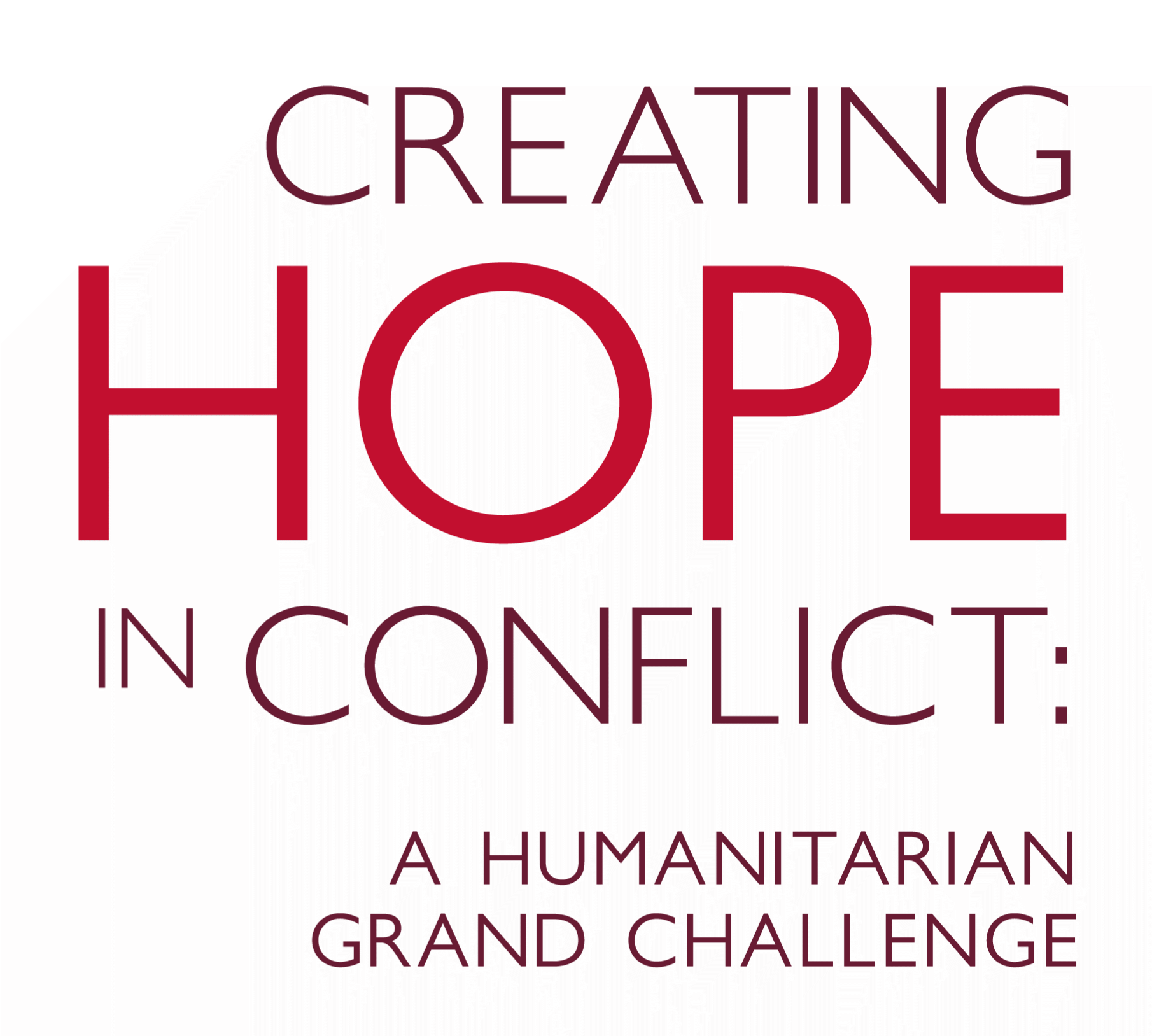CareNet: A Community-Based Network of Support Groups to Promote Inclusion of Children and Young People with Disabilities in Health in Humanitarian Settings.
THE CHALLENGE
Children and young people with disabilities are at increased risk of illness, injury, abuse, and death during humanitarian emergencies. Despite growing awareness and prioritization of inclusive action by service providers, physical, financial, staffing, social, and geographical barriers mean most humanitarian services are poorly accessible to people with disabilities, particularly children and young people. Caregivers also lack support when caring for children with disabilities, and stigma often amplifies their isolation from social support networks. As such, new approaches are urgently needed to assist this population and reduce their vulnerability in humanitarian emergencies.
THE SOLUTION
To improve service access for children with disabilities and their caregivers in humanitarian crises, Murdoch Childrens Research Institute developed CareNet, a child-centred, family-focused approach that focuses on establishing networks of support groups for children and young people with disabilities that promote peer-to-peer learning, self-care, and better communication with healthcare workers. Using this model, Murdoch developed and piloted a psychoeducational support group program for caregivers of children living with disabilities in Afghanistan. Over 9 group sessions, caregivers learned not only practical elements of caring for children living with disabilities, such as positioning and feeding, but also how to promote child development, discussions of rights, parenting strategies, and psychological resilience and mindfulness skills. By the end of the program, 83% of caregivers reported significantly improved health-related quality of life and improved family functioning. Focus group discussions also revealed that all the people involved in the program (i.e., facilitators, caregivers, and the children themselves) experienced a fundamental shift in mindset and attitude towards disability.
